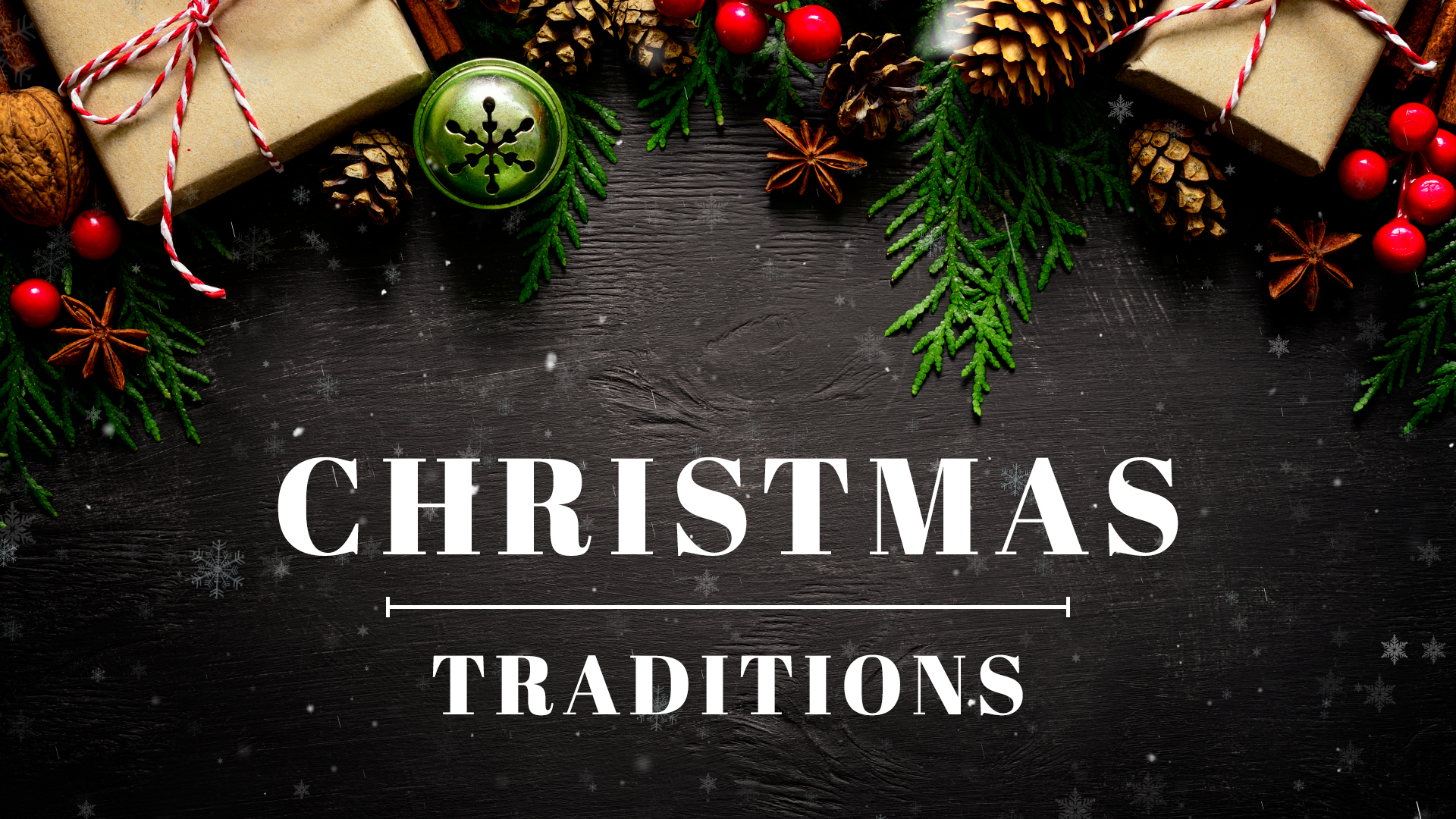-
Exodus To Emmanuel
Contributed by David Dunn on Nov 3, 2025 (message contributor)
Summary: From Egypt’s bondage to Calvary’s grace, the same God who delivered Israel now dwells within us—transforming law into love and distance into presence.
Exodus begins with chains. The gospel begins with love.
But in both stories, God moves through history with one purpose — to bring His people out of slavery and into His presence.
Every miracle in the Old Covenant was a rehearsal for the grace of the New.
Every shadow in Moses’ story finds its light in Jesus Christ.
Let’s walk that road — from Egypt to Emmanuel, from bondage to indwelling, and watch the God of the Exodus become the God-with-us.
---
1. Bondage and the Cry
Israel’s story begins not with faith but with groaning. The people labored under Pharaoh’s whip. Their cries rose through the smoke of brick kilns, and Scripture says, “God heard their groaning.”
Every deliverance begins there — with the cry no one else hears.
Before there was a Moses, there was a God who remembered His covenant.
In Egypt’s furnace, God was already forming His purpose:
> “I have seen, I have heard, I have known, and I am come down to deliver.”
That is the heartbeat of grace. We cry out from bondage; God comes down to redeem.
Centuries later another people, bound by sin and shame, cried for deliverance. And again God came down — not in thunder but in flesh.
Just as He once sent Moses to confront Pharaoh, He sent Jesus to confront the greater Pharaoh — Satan himself.
Both were born under death decrees. Both escaped murderous kings. Both grew up in obscurity until the appointed time.
Both heard God say, “Go to Pharaoh and tell him: Let My people go.”
But Jesus’ mission reached deeper — not to liberate a nation but to rescue the whole human race.
---
2. The Blood and the Door
The night before deliverance, God gave Israel a strange command:
“Take a lamb without blemish… kill it… and put its blood on the doorposts.”
When the angel of death passed through, the blood would mark those covered by faith.
That night the chains of Egypt began to loosen.
The Passover lamb became the heart of Israel’s story — a yearly reminder that redemption comes through substitution.
And centuries later, on another Passover night, John the Baptist looked up and saw Jesus walking toward him and cried,
> “Behold, the Lamb of God, who taketh away the sin of the world.”
At that moment, every drop of blood in Egypt found its fulfillment.
The lambs of Exodus pointed to the Lamb of Calvary.
When Jesus hung on the cross, the doorposts of the world were painted red.
Death still walks every street, but when it sees the blood, it must pass over.
---
3. The Sea and the Separation
After the blood came the journey. Israel stood at the edge of the Red Sea — Pharaoh behind them, water before them.
It was the perfect trap.
But God delights in dead ends.
With a blast of His nostrils, the sea split open. Israel walked through on dry ground; Pharaoh’s armies drowned in the same path that saved God’s people.
Paul would later write,
> “They were all baptized into Moses in the cloud and in the sea.”
The crossing was more than escape; it was baptism — the line between old life and new.
When Jesus stepped into the Jordan River centuries later, the same symbol unfolded again.
As He rose from the water, the heavens opened, the Spirit descended, and the Father spoke.
Egypt is always behind us. Jordan is always before us.
And every baptism is our Red Sea — where the old master loses his claim and the new covenant begins.
---
4. The Wilderness and the Bread
Freedom doesn’t mean comfort. The wilderness proves that.
Israel rejoiced at the Red Sea but murmured at the first dry mouth.
God answered with bread from heaven — manna, white as frost, tasting like honey.
Each morning it fell fresh; each day it was enough.
But Jesus said something stunning centuries later:
> “Moses gave you not that bread from heaven; My Father gives you the true bread… I am the Bread of Life.”
He was telling them: I am your manna.
You hunger for more than food; you hunger for Me.
In the wilderness, they gathered flakes of bread.
In the upper room, we gather broken pieces of His body.
The manna sustained their journey; the Eucharist sustains our souls.
---
5. The Rock and the Water
When the people thirsted, God told Moses, “Strike the rock.”
He lifted his rod, struck, and water gushed out — life from stone.
Paul later wrote, “That Rock was Christ.”
The first time, Moses was told to strike it.
The second time, he was told to speak to it — but in anger, he struck it again.
For that act, he lost the right to enter the Promised Land.

 Sermon Central
Sermon Central



